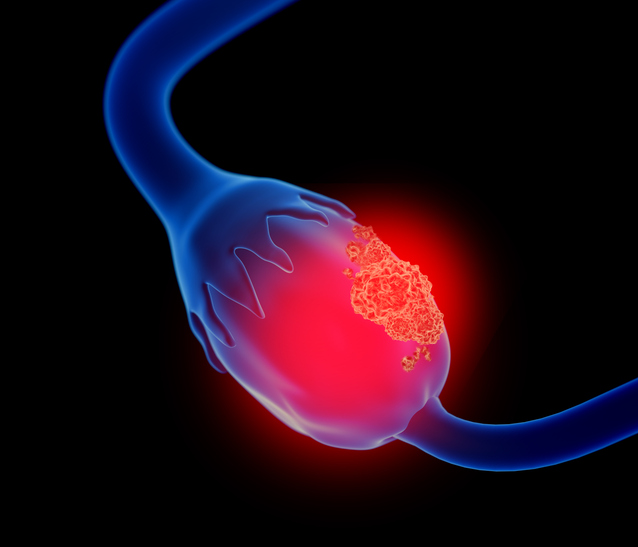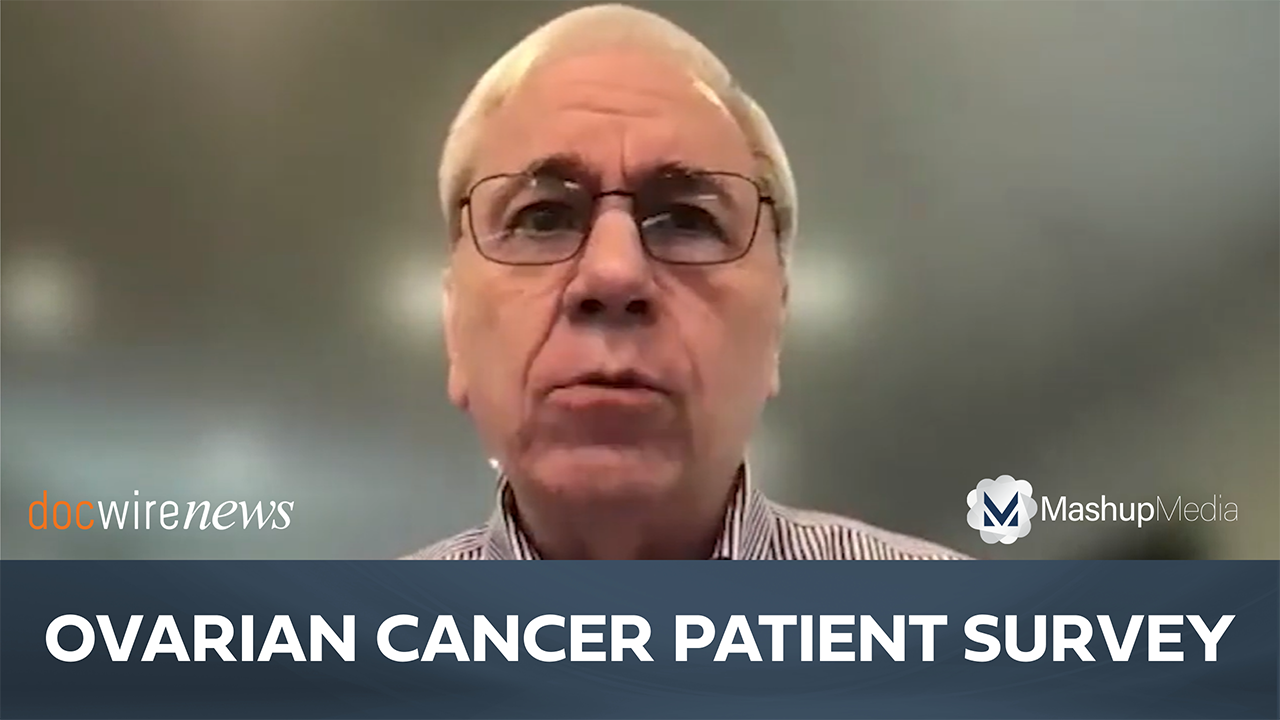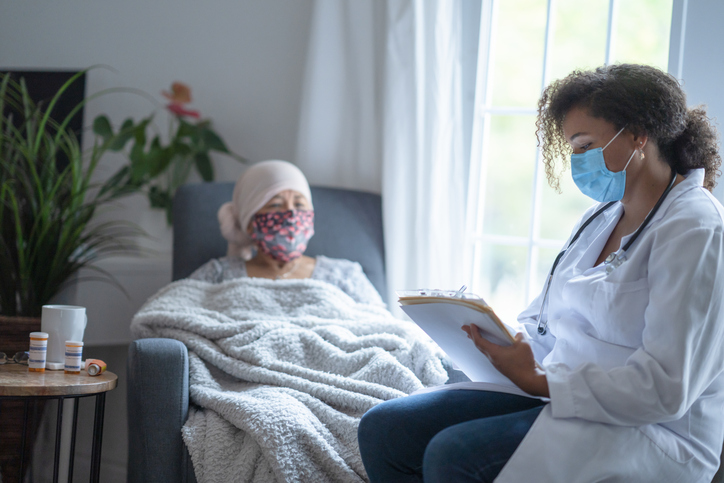
Women with post-traumatic stress disorder (PTSD) may be at an elevated risk for developing ovarian cancer, as per research from Harvard T.H. Chan School of Public Health and Moffitt Cancer Center. These researchers found that women with at least six symptoms of PTSD were twice as likely to develop ovarian cancer at some point in life when compared to women with no PTSD symptoms. This work was published on September 5 in the journal Cancer Research.
The findings of this Harvard study indicate that PTSD symptoms, like being easily startled by noises or avoiding stimuli that resemble the traumatic experience, could be linked to elevated cancer risks long after the trauma. It was also found that this correlation persisted amongst the most advanced forms of ovarian cancer.
“In light of these findings, we need to understand whether successful treatment of PTSD would reduce this risk and whether other types of stress are also risk factors for ovarian cancer,” explained co-author Andrea Roberts, a researcher at Harvard T.H. Chan School of Public Health.
Ovarian cancer is the most lethal cancer of the female reproductive system and ranks fifth among the most common causes of cancer-related death in U.S. women. Preclinical trials have found that stress and related hormones can fuel the development of ovarian tumors and that chronic stress leads to bigger, more mobile tumors. Previous research in humans has found there to be an association between PTSD and ovarian cancer, but this work only included seven women in the sample.
“Ovarian cancer has been called a ‘silent killer’ because it is difficult to detect in its early stages; therefore identifying more specifically who may be at increased risk for developing the disease is important for prevention or earlier treatment,” said co-author Laura Kubzansky, Lee Kum Kee Professor of Social and Behavioral Sciences at Harvard Chan School.
Background of the Harvard Study
To more thoroughly investigate PTSD’s effect on ovarian cancer risk in humans, these Harvard researchers analyzed data from the Nurses’ Health Study II. This dataset tracked the health of women between 1989 and 2015 using medical records and biennial questionnaires. These participants provided information regarding ovarian cancer diagnoses on the questionnaires, and these responses were then validated through a review of medical records.
A supplemental questionnaire focused on traumatic events and associated symptoms was filled out by 54,763 Nurses’ Health Study II participants in 2008. These women were asked to identify the event they felt was most stressful, the year of the occurrence, and which of the seven PTSD symptoms they may have felt in relation to the event.
The participants were divided into six groups based on their responses: no trauma exposure, trauma and no PTSD symptoms, trauma and 1-3 symptoms, trauma and 4-5 symptoms, trauma and 6-7 symptoms, and trauma, but PTSD symptoms unknown.
PTSD and Ovarian Cancer Risk
The researchers found that women who experienced 6-7 symptoms of PTSD were at a significantly higher risk for developing ovarian cancer compared to those who had never had trauma exposure. This effect was observed after adjusting for several factors associated with ovarian cancer, such as oral contraceptive use and smoking. Women who portrayed 4-5 symptoms of PTSD associated with their trauma also showed a heightened risk, but this risk was not statistically significant. Those with 6-7 symptoms were also observed to have a greater risk of developing the high-grade serous histotype of ovarian cancer, the disease’s most common and aggressive form.
“Ovarian cancer has relatively few known risk factors – PTSD and other forms of distress, like depression, may represent a novel direction in ovarian cancer prevention research,” noted Shelley Tworoger, associate center director of population science at Moffitt. “If confirmed in other populations, this could be one factor that doctors could consider when determining if a woman is at high risk of ovarian cancer in the future.”
Further collaboration on this project was provided by Harvard Chan School researchers Karestan Koenen and Yongjoo Kim. Tianyi Huang of Brigham and Women’s Hospital and Harvard Medical School was also a co-author of the publication as well.







 © 2025 Mashup Media, LLC, a Formedics Property. All Rights Reserved.
© 2025 Mashup Media, LLC, a Formedics Property. All Rights Reserved.